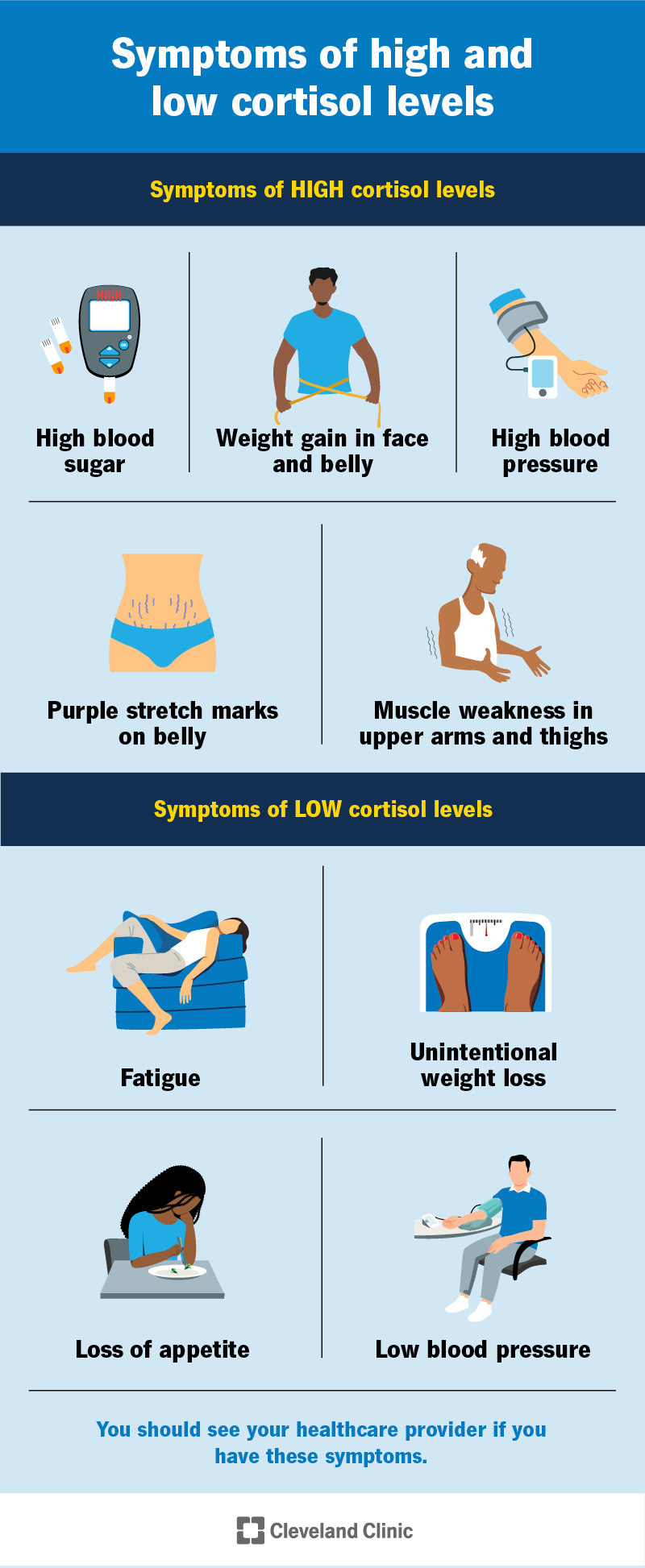Cortisol is your body’s main stress hormone and one of the most important biomarkers for energy, recovery, mood, and long-term health.
You’ve probably heard of cortisol in the context of “too much stress,” but there’s more to it. Cortisol isn’t bad. In fact, it’s essential. It wakes you up in the morning, keeps your metabolism running, and helps you respond to threats. The problem starts when cortisol is out of balance: too high for too long, or too low when you need it most.
That’s why many doctors, fitness trackers, and biohackers are now measuring cortisol levels to understand how well the body is adapting to life.
What is cortisol, really?
Cortisol is a hormone made in the adrenal glands. It’s often called the “stress hormone” because it’s released when your brain senses stress, whether physical (like illness or lack of sleep) or psychological (like work deadlines).
The Cleveland Clinic explains:
Cortisol is a steroid hormone that your adrenal glands (the glands on top of your kidneys) make. Cortisol affects several aspects of your health and helps regulate your body’s response to stress. High or low levels of cortisol can impact your health.
Cortisol is part of your HPA axis (hypothalamic-pituitary-adrenal), a feedback system that controls your response to stress.
It follows a daily rhythm:
- Highest in the morning, shortly after waking. This is the cortisol awakening response (CAR).
- Lowest at night, allowing you to relax and sleep.
That pattern is healthy. When the rhythm is off—too flat, too spiky, or reversed—it can signal problems.
Cortisol ranges and what they mean
Cortisol is measured in micrograms per deciliter (mcg/dL) or nanomoles per liter (nmol/L), depending on your country and test.
Typical blood ranges:
- Morning (8 a.m.): 6–23 mcg/dL
- Afternoon: Levels naturally decline
- Late night (midnight): Very low (often under 5 mcg/dL)
High cortisol signs:
- Trouble sleeping
- Anxiety or mood swings
- Weight gain, especially around the belly
- Blood sugar spikes
- High blood pressure
Low cortisol signs:
- Chronic fatigue
- Depression or brain fog
- Low blood pressure
- Salt cravings
- Poor stress tolerance
These patterns can only be confirmed through testing. Symptoms alone are not enough.
Thanks again to the Cleveland Clinic for this handy image:

How cortisol affects longevity
Cortisol plays a major role in metabolic health, immune regulation, and brain function. When it stays too high for too long, it can risk your longevity:
- Insulin resistance and blood sugar imbalances
- Suppressed immune function
- Muscle breakdown
- Increased risk of anxiety and depression
- Accelerated cellular aging
Low cortisol, on the other hand, can reduce your ability to handle stress and increase your risk of burnout or adrenal dysfunction.
Balanced cortisol means better resilience and slower aging.
How to keep cortisol in the zone
The goal isn’t zero stress. It’s healthy stress recovery. Here’s how to help your cortisol curve:
- Morning sunlight exposure to anchor your natural rhythm
- Consistent wake and sleep times
- Limit caffeine before noon
- Movement, but not overtraining
- Mindfulness techniques like deep breathing, meditation, or journaling
- Balanced meals to avoid spikes and crashes
How to measure cortisol
Cortisol can be measured through:
- Blood tests in medical settings
- Saliva tests that show patterns throughout the day
- Urine tests (DUTCH) that offer full hormone mapping
- Wearables that estimate stress via HRV, sleep, and temperature trends
Saliva tests across multiple time points can give a clearer picture of your cortisol rhythm.
Why track cortisol if you’re not sick?
Tracking cortisol can help you:
- Prevent burnout
- Recover better from training
- Optimize sleep and energy
- Improve mental clarity
- Avoid long-term hormonal imbalances
Whether you’re a parent juggling kids and work, an athlete training for an event, or someone just trying to feel better, cortisol is a useful check-in on your body’s stress load.
Your stress, decoded
Cortisol is like a biological stress journal. If you learn how to read it, you stop guessing why you feel wired, tired, or off. You start responding with smarter recovery, deeper sleep, and better habits.
Tracking it isn’t just for people with adrenal issues or hormone conditions. It’s for anyone who wants to stay sharp, strong, and calm under pressure.
Leave a Reply